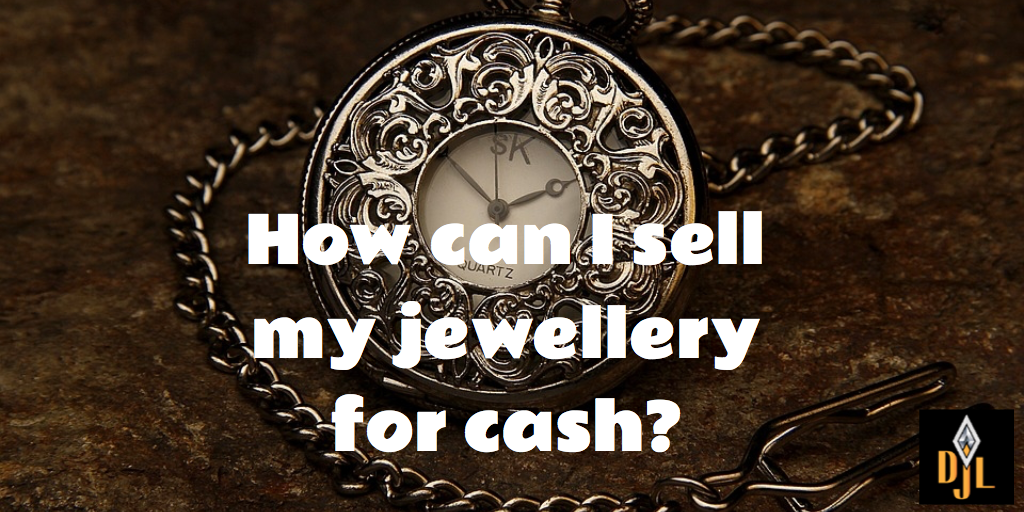 Rolex is a luxury brand that has been synonymous with high-quality timepieces for over a century. Its watches are known for their precision, durability, and exquisite design, and they have become a status symbol for the affluent and the elite. However, despite the brand’s exclusivity and high price points, Rolex watches have found their way into pawnshops around the world. In this essay, we will explore the relationship between Rolex and pawnshops, the reasons why Rolex watches end up in pawnshops, and what this means for the brand and its customers.
Rolex is a luxury brand that has been synonymous with high-quality timepieces for over a century. Its watches are known for their precision, durability, and exquisite design, and they have become a status symbol for the affluent and the elite. However, despite the brand’s exclusivity and high price points, Rolex watches have found their way into pawnshops around the world. In this essay, we will explore the relationship between Rolex and pawnshops, the reasons why Rolex watches end up in pawnshops, and what this means for the brand and its customers.
Pawnshops have been around for centuries and have always been a place where people could trade valuable items for quick cash. Traditionally, pawnshops have been associated with the sale of items like gold jewelry, musical instruments, and firearms. However, in recent years, pawnshops have become a popular destination for luxury goods, including Rolex watches. The reasons for this are multifaceted.
One of the primary reasons why Rolex watches end up in pawnshops is financial hardship. Many people who own a Rolex watch do so as a status symbol or as an investment. However, when they face financial difficulties, they may need to sell their valuable assets to make ends meet. Pawnshops offer a quick and easy way to get cash for Rolex watches without the hassle of selling them through a dealer or auction house. Moreover, unlike other luxury goods such as jewelry, Rolex watches retain their value over time, making them an attractive item for pawnshops to buy and sell.


Lastly, some Rolex watches may end up in pawnshops due to theft or fraud. Thieves often target Rolex watches because of their high value and the brand’s reputation. They may steal the watch and attempt to sell it to a pawnshop for quick cash. In some cases, people may also attempt to sell counterfeit Rolex watches to pawnshops, which can be difficult for the pawnshop to identify without proper expertise.
Despite the reasons why Rolex watches end up in pawnshops, the brand has always been protective of its reputation and the quality of its products. Rolex has strict policies on the sale and distribution of its watches, which includes prohibiting the sale of its watches through unauthorized dealers and second-hand marketplaces. However, despite these efforts, Rolex watches still make their way into the second-hand market, including pawnshops.
The presence of Rolex watches in pawnshops can have implications for the brand and its customers. For the brand, the sale of Rolex watches through unauthorized channels can be detrimental to its reputation. Counterfeit Rolex watches can harm the brand’s image and lead to customer dissatisfaction. Moreover, the sale of Rolex watches through pawnshops can lead to a loss of control over the distribution of the brand’s products, which can impact the pricing and availability of its watches in the primary market.
For customers, purchasing a Rolex watch from a pawnshop can be a risky proposition. The authenticity of the watch may be in question, and the condition of the watch may not be accurately represented. Moreover, the price of the watch may not be in line with the current market value, and there may be hidden fees or charges associated with the purchase.
To mitigate these risks, Rolex has implemented measures to protect its customers and maintain the integrity of its brand. The brand has a robust authentication process to ensure that its watches are genuine and has implemented strict policies on the sale of its watches through authorized dealers. Moreover, Rolex has partnered with online marketplaces such as Chrono24 and Bob’s Watches to provide a trusted platform for the sale of second-hand Rolex watches, ensuring that the brand’s watches are sold through reputable channels.


One way that Rolex has sought to address the issue of its watches ending up in pawnshops is by offering a buyback program. The program allows customers to sell their Rolex watches back to the brand, providing a safe and secure way to dispose of their valuable assets. The buyback program also ensures that Rolex watches are not sold through unauthorized channels, helping to maintain the brand’s reputation and the value of its products.
In conclusion, the relationship between Rolex and pawnshops is complex and multifaceted. The presence of Rolex watches in pawnshops can be attributed to a variety of factors, including financial hardship, inheritance, theft, and fraud. While the sale of Rolex watches through unauthorized channels can be detrimental to the brand’s reputation, Rolex has taken steps to mitigate the risks and maintain the quality and integrity of its products. Through its authentication process, strict sales policies, and buyback program, Rolex is committed to protecting its customers and the value of its products.
Author: Barry Klein – Certified Gemmologist














